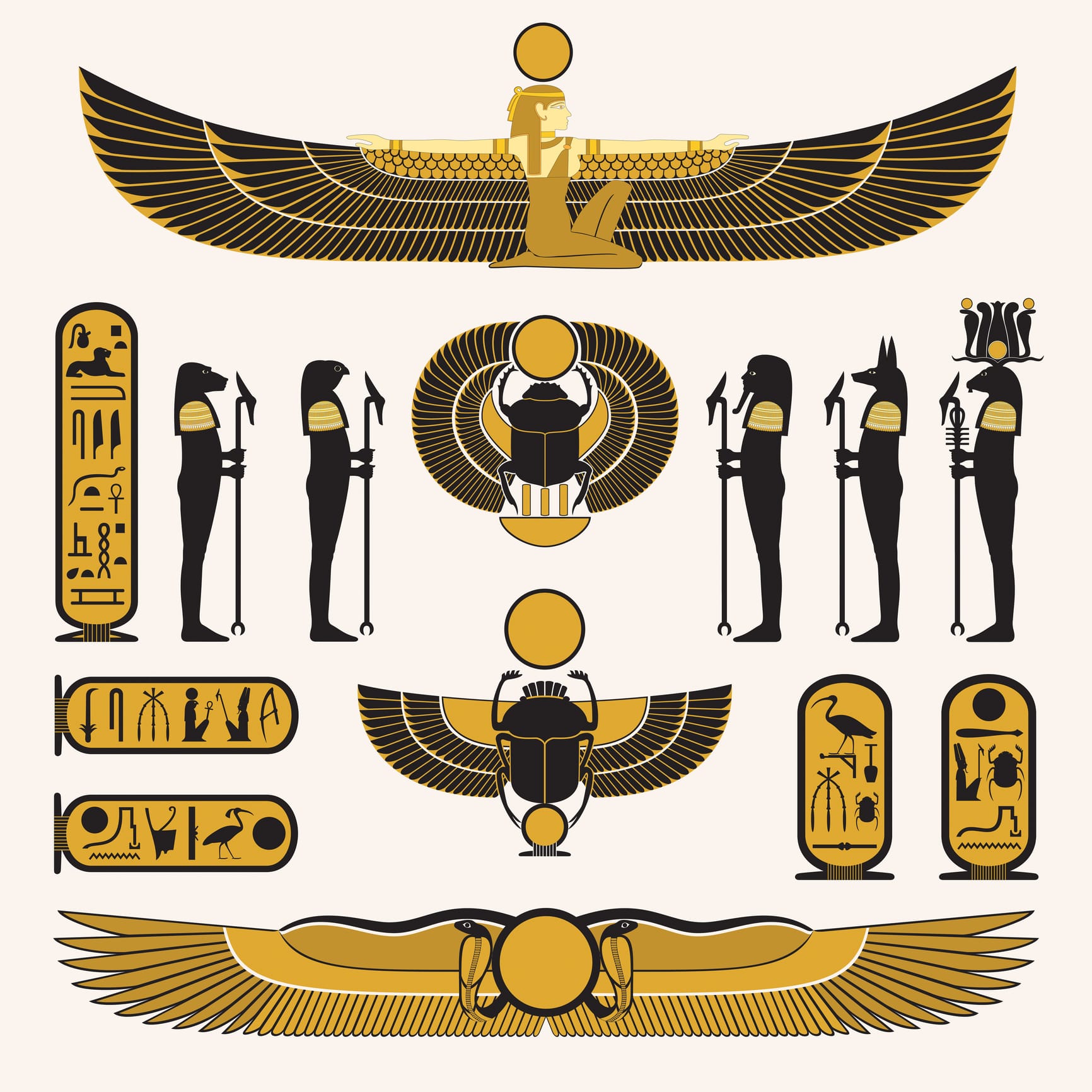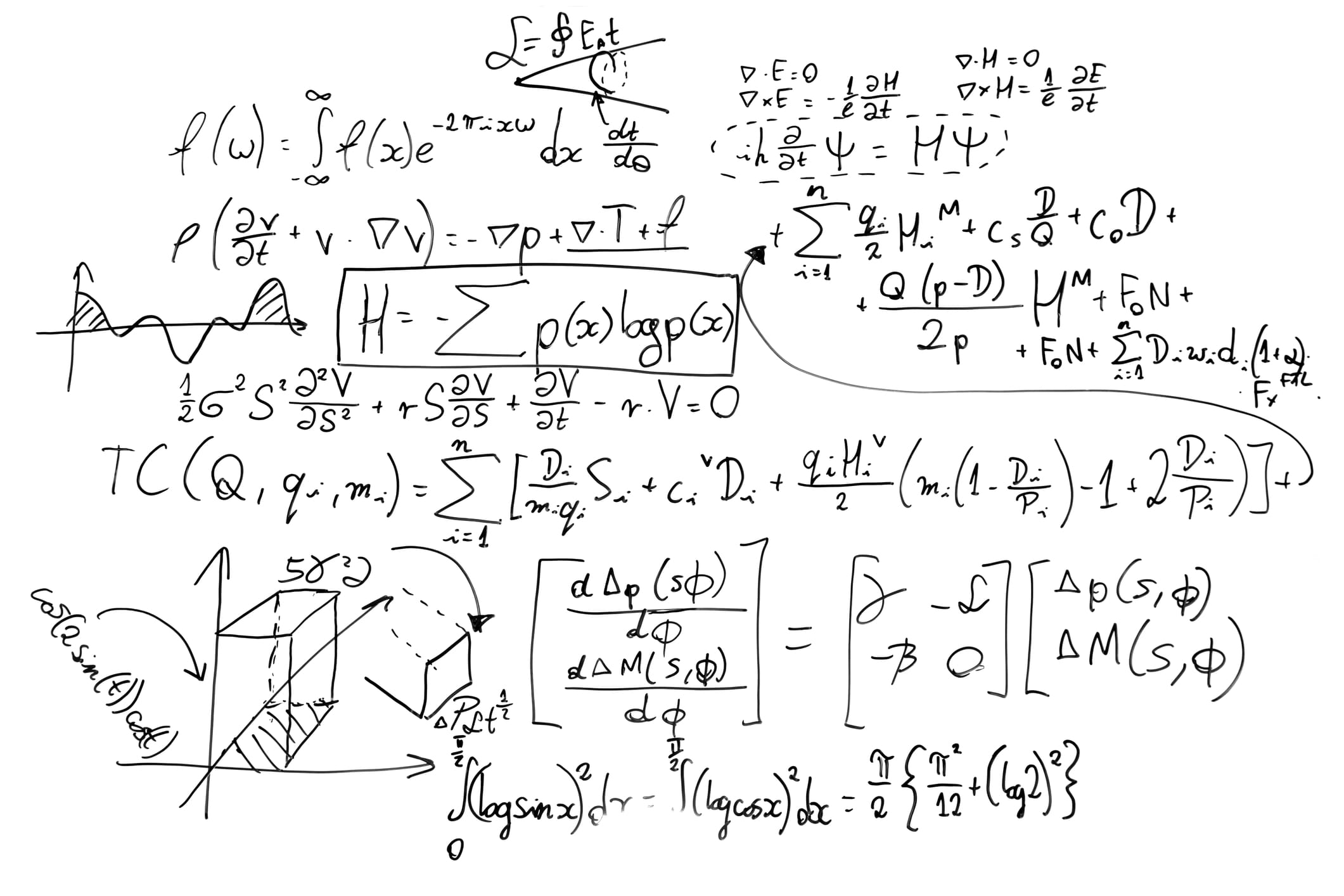The secret language of permanence in a world built on change.
There are words that feel as if they’ve always existed.
They carry weight, rhythm, and inevitability — like stones smoothed by centuries of thought.
When a domain name contains such a word, something extraordinary happens: it transcends trend. It feels inevitable, almost destined.
We live in an age obsessed with novelty, yet the most valuable digital properties — the names that endure, inspire trust, and appreciate with time — do not sound new.
They sound ancient.
This is not coincidence. It is the echo of a deeper human instinct: the longing for continuity in an age of flux.
1. The Paradox of the Eternal Name
In the modern marketplace, speed dominates everything. Startups rise and vanish, social networks burn bright and fade, and new extensions arrive every year promising infinite digital space.
But the names that survive — those that cross decades, industries, and generational boundaries — do not follow the logic of speed. They obey the logic of memory.
A great domain does not impress by cleverness; it feels inevitable.
It speaks a language older than the technology that carries it.
Its letters seem to have been waiting in silence, as if rediscovered rather than invented.
This quality — the ancient resonance of certain words — is not mystical. It’s psychological, linguistic, and cultural at once. The best domains feel ancient because, at a deep level, we trust what carries the patina of time.
Human beings are pattern-recognizers. We associate age with wisdom, endurance with credibility. Just as a weathered building feels more authentic than a plastic replica, an ancient-sounding word feels more true than a newly coined one.
And in a marketplace ruled by attention, truth — or even the illusion of truth — becomes priceless.
2. Language as a Memory Structure
Every language carries buried layers — strata of sound, rhythm, and association that link us unconsciously to history.
Latin, Greek, Sanskrit, Hebrew, Egyptian — these are not just linguistic fossils. They are repositories of permanence, encoded into our collective imagination.
When a modern brand or domain draws upon those roots — valor, axia, gnosis, lotus, virtus, florin, nomisma, chronos — it inherits an aura of endurance. The name becomes more than a label; it becomes a vessel of memory.
A visitor who lands on Florintus.com, VirtusLotus.com, or Nomismai.com may not consciously translate the word, but they feel it. The linguistic architecture tells them: this has depth, this will last.
This is the paradox of modern branding — the most futuristic names derive their strength from antiquity.
Language, like civilization, has gravity.
When we build on ancient roots, we inherit their stability.
3. The Psychological Weight of Antiquity
Why do we instinctively trust what sounds old?
Because the ancient evokes the proven.
It carries the imprint of survival.
Our ancestors trusted temples that had stood for centuries, stories that had been told across generations, and symbols that transcended rulers and empires. Those instincts remain encoded in our neural patterns. The more enduring something sounds, the safer it feels.
A domain that sounds ancient awakens that reflex. It signals that the project behind it stands in the lineage of things that last — ideas, not trends.
And in a time when everything feels temporary, that sensation is rare, precious, and immediately valuable.
Even in technology, we gravitate toward the language of permanence.
Why do software companies choose names like Oracle, Atlas, or Chronos rather than QuickApp or TechyNow? Because they intuitively know that stability sells.
We seek eternity in the transient, and names are our bridges to it.
4. Etymology as Strategy
Every serious domain investor eventually confronts a truth: linguistic strategy is as powerful as market timing.
To understand the architecture of value, you must understand the architecture of words.
In ancient societies, naming was sacred. The Egyptians believed that to know the true name of something was to hold power over it. The Greeks called this logos — the principle that words shape reality.
Modern branding, though cloaked in analytics and SEO, follows the same principle.
The right sound can elevate a product to myth. The wrong one can doom it to noise.
When you register a domain, you are not simply reserving digital space; you are selecting a frequency in the human mind. That frequency must resonate with ancient harmonics — the subtle echoes of Latin, Greek, and other roots that formed Western thought.
Names like Virtus, Nomisma, Florin, Chrona, Lotus, Valora, or Axia work because they sound inevitable.
They fit the structure of meaning our brains inherited from thousands of years of civilization.
5. The Geometry of a Timeless Word
Ancient-sounding domains often share certain geometrical features — not mathematical, but phonetic and aesthetic.
They are usually balanced, symmetrical, and sonorous.
- Two or three syllables.
- Alternation between consonant and vowel that gives rhythmic equilibrium.
- A closing sound that suggests resolution (as in -us, -on, -a, -is).
These endings derive from the morphology of Greek and Latin — languages designed for clarity, structure, and proportion. Our ears, trained by centuries of literature, still respond to those patterns.
A domain that ends in -us or -a unconsciously evokes Rome, Athens, Alexandria — cities where the idea of permanence itself was born.
That is why even modern companies instinctively imitate those shapes. They don’t always know why they work — only that they do.
A name like AkrosWealth.com feels older and more trustworthy than WealthRocket.io not because it’s objectively better, but because its form triggers a deeper aesthetic memory.
Form, in language as in architecture, is ethics made visible.
6. The Silence of Over-Invention
Our age worships invention, but too much invention produces noise.
The internet is full of names that try too hard — Zyffra, Qorblix, Nexento, Finilytix. They sound futuristic but vanish the moment they’re heard.
Why? Because they lack roots.
Names without roots don’t grow; they float.
They might catch the light for a moment but have no soil in the human mind.
Contrast that with names that feel like they’ve existed forever: Amazon, Tesla, Oracle, Virtu, Nomad, Solana. Even when newly coined, they echo something ancient. They rest on recognizable linguistic bones — Greek, Latin, or Old English syllables that whisper continuity.
The lesson is simple but profound: newness needs ancestry.
Even innovation draws power from the idea of inheritance.
A brand that feels old gains immediate legitimacy.
It doesn’t need to shout; it only needs to exist.
7. Domains as Modern Monuments
To the untrained eye, domains are just text strings in a registry.
To those who understand language, they are digital monuments — compressed embodiments of civilization.
A great domain functions like an inscription on marble.
It asserts presence. It says, “This will outlast me.”
That is why investors who think in decades — not quarters — naturally gravitate toward words that carry timeless resonance. They are not merely buying traffic; they are preserving linguistic territory.
Each premium domain is a small act of cultural archaeology. It rescues a word, polishes it, and returns it to use — sometimes centuries after it last held power.
This is how language survives technological revolutions. Through preservation, not replacement.
8. Trust, Authority, and the Aura of Age
In markets, trust is everything — and trust is built on perception.
People don’t consciously analyze why VirtusWealth.com feels more credible than RocketWealth.io, yet the effect is immediate.
Age communicates authority.
A name that sounds old implies that the idea behind it has been tested.
Even algorithms, those impartial judges of modern visibility, respond to the aura of age. Search engines reward clarity, linguistic stability, and recognizability — all traits found in words with long cultural roots.
But beyond SEO and psychology, there is something subtler: tone.
Ancient words carry a moral gravity. They remind us of things civilization once valued — virtue, measure, endurance, proportion, truth.
When you build a company or an idea around such words, you’re not just branding.
You’re reviving an ethical vocabulary.
9. The Ethical Dimension of Ancient Names
Every word has a moral temperature.
Modern marketing language tends to be cold, utilitarian, designed for conversion rather than meaning.
Ancient-derived names, by contrast, radiate warmth and humanity.
A name like Florintus suggests craftsmanship, heritage, and patience.
VirtusLotus suggests inner strength balanced by beauty.
Nomismai evokes trust in exchange and the dignity of value itself.
These are not just semantics — they are signals of intention.
They tell the world that you respect the moral lineage of commerce and creativity.
In this sense, choosing an ancient-sounding name is an ethical act.
It asserts continuity with civilization’s best instincts: truth, harmony, and responsibility.
Domains, when chosen with such consciousness, become more than investments — they become statements of cultural fidelity.
10. The Rhythm of Memory
Human beings remember rhythm, not data.
Our brains evolved to store poetry and song long before they stored numbers.
Ancient-sounding domains exploit that ancient circuitry.
The repetition of vowels, the cadence of syllables, the balance of sounds — these make a name rememberable.
That is why names like Aristaxia, LapisChain, or Hyperpyra feel melodic rather than mechanical. They echo the music of classical language, the rhythm of prayer and epic.
When someone types such a name, they are not only navigating the web; they are reenacting a fragment of memory that predates the internet itself.
11. Transcendence in the Marketplace
To speak of transcendence in business may seem absurd, but language has always been sacred.
Every marketplace is also a temple — a place where value, trust, and human aspiration intersect.
In the noise of modern branding, ancient resonance restores a sense of measure.
It reminds both investor and customer that commerce is not only about transaction, but about continuity.
When a company adopts a name with linguistic ancestry, it aligns itself — consciously or not — with thousands of years of human striving for order and beauty.
That is why great names outlive their founders. They become containers of meaning beyond profit.
12. The Archaeology of Value
A serious domain investor today is part linguist, part archaeologist.
You are not simply registering names; you are excavating civilization.
Each ancient-sounding word you recover is a fragment of human continuity.
You are reviving words that once meant virtue, truth, measure, or beauty — and returning them to the marketplace of ideas.
In doing so, you remind the digital world that innovation without memory is just noise.
Progress without roots collapses into repetition.
The digital frontier is vast, but only those who carry the map of history can navigate it meaningfully.
That map is language.
13. The Market Proof of Timelessness
Skeptics might ask: if ancient resonance matters, why do some nonsense names sell for millions?
Because speculation measures momentum, not permanence.
In every market, fads outperform classics in the short term — and fail in the long.
But the domains that remain valuable decade after decade are those whose linguistic structure aligns with human continuity.
Even investors who never studied philology instinctively know this.
The data confirms it: short, classical-sounding, easily pronounced .coms outperform trendy mashups across all market cycles.
Why? Because civilization itself has already tested those forms.
They are built upon the oldest technology humanity possesses: language shaped by meaning.
14. The Soul of the Name
Every great name contains silence — a sense that it existed before us and will outlast us.
That silence is what we mean by gravitas.
You can’t fake it with invented syllables or hyper-modern minimalism. Gravitas comes from echo — from connection to something older, larger, and real.
That’s why a domain like Axiamegas.com feels solid while Xyral.io feels disposable.
One is a word that could have been carved into stone; the other is a spark in a storm.
Investors who understand this distinction move beyond speculation. They become custodians of linguistic capital — guardians of the words that carry civilization forward.
15. What Feels Ancient Will Last
Trends change, platforms collapse, technologies decay — but language endures.
The domains that feel ancient today will still feel stable when everything else has shifted.
The rhythm of permanence is not an illusion; it is an inheritance.
We are all children of forgotten empires, still speaking their words through glowing screens.
When you choose a name that carries that echo — one that could have belonged to a philosopher, a coin, or a star — you are doing more than branding.
You are participating in the oldest human art: the preservation of meaning through time.
Closing Reflection
The best domains feel ancient because they reawaken continuity in an age that has lost it.
They connect digital creation to the lineage of human expression.
They remind us that value, at its core, is not a number but a story — a continuity of form and meaning.
To invest in such names is to invest in civilization itself.
The future will belong not to those who invent the most, but to those who remember best.



